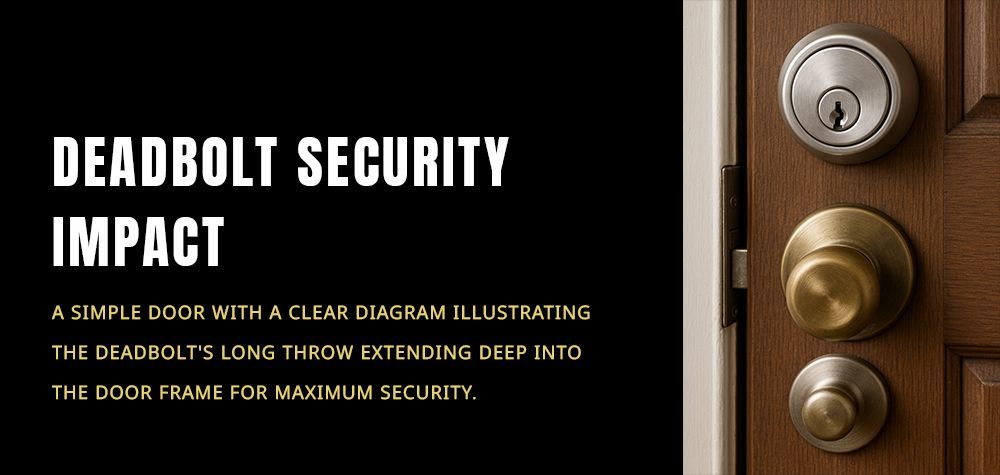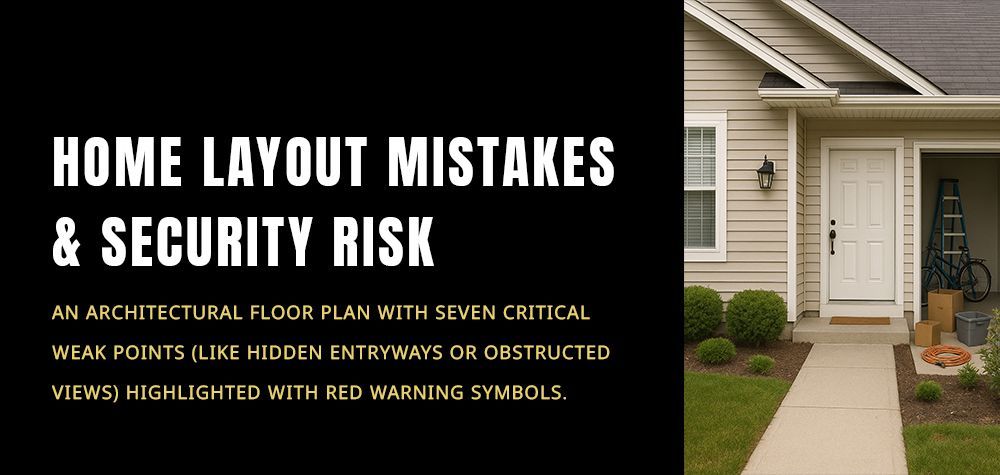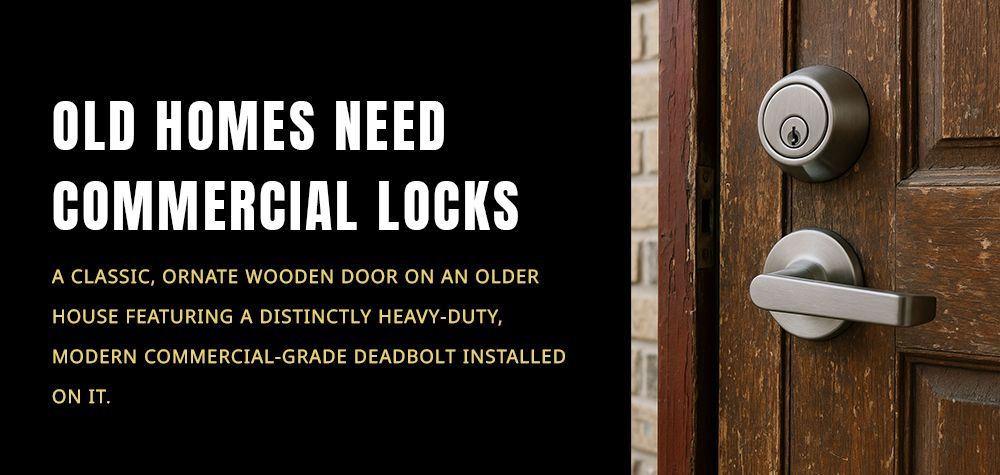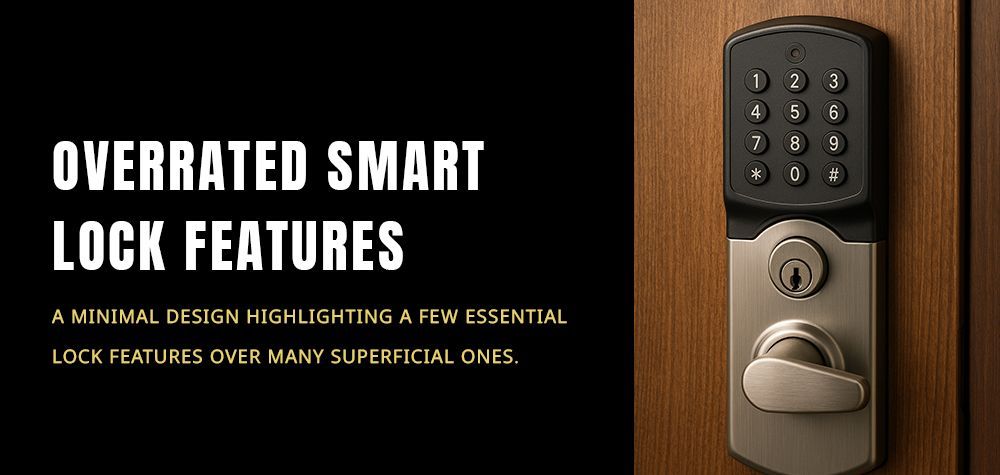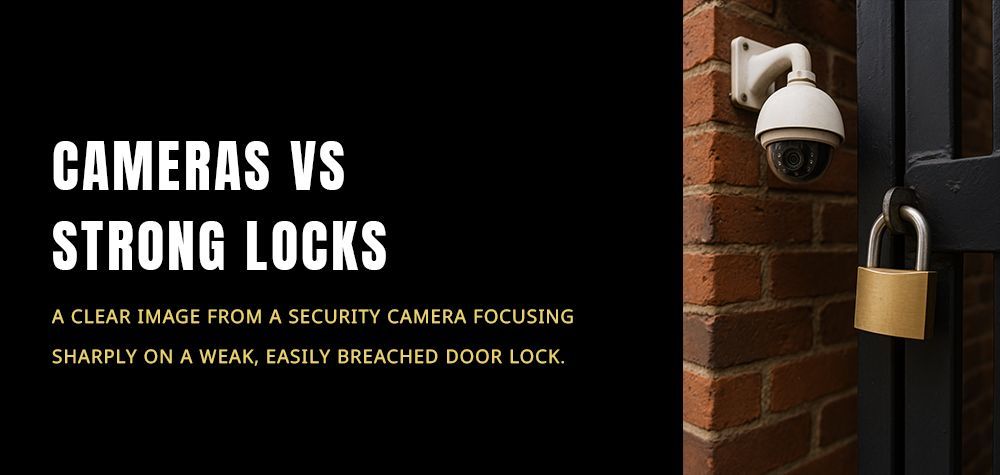Guide to Types of Commercial Door Locks
When it comes to securing a commercial space, choosing the right door lock is crucial. The wide array of options available can be overwhelming, but understanding the types of commercial door locks and their specific features can help you make an informed decision. This guide delves into the most common types of commercial door locks, explaining how each one works, its advantages, and where it's best suited.
Mortise Locks
Mortise locks are a popular choice for commercial settings due to their strength and durability. These locks are embedded into the door itself, making them difficult to tamper with. The lock body is housed in a mortise—a pocket cut into the door—allowing the hardware to sit flush with the door surface. Mortise locks offer a high level of security and are ideal for heavy-duty applications like hotels, schools, and offices.
Cylindrical Lever Locks
Cylindrical lever locks are one of the most common types of commercial door locks, known for their ease of installation and use. Unlike mortise locks, these are installed by boring two holes: one for the lock body and another for the latch. They’re commonly used in offices and schools where ease of access is important. Cylindrical lever locks also offer the advantage of quick egress, making them compliant with safety regulations.
Electric Strikes
An electric strike is an access control device that replaces the fixed strike faceplate often used with a latch (also known as a keeper). When the electric strike is activated, the keeper swings open, allowing the door to be pushed open without the need to turn the door handle. These locks are often used in conjunction with other forms of entry control, such as keypads or card readers, making them a favorite in high-security environments.
Keypad Door Locks
Keypad door locks are becoming increasingly popular in commercial settings, particularly for businesses that require controlled access to certain areas. Users can enter a secure space by inputting a numeric code, eliminating the need for physical keys. This type of lock is ideal for offices, warehouses, and retail stores, offering the benefit of easy access management and audit trails.
Magnetic Locks
Magnetic locks (or maglocks) use electromagnets to secure doors. When the lock is powered, it creates a magnetic bond between the door and the frame, holding it shut. These locks are often used in conjunction with access control systems like keycards or keypads. Magnetic locks are popular in commercial spaces due to their strength and reliability, though they do require a constant power supply.
Deadbolt Locks
Deadbolt locks are a simple yet effective option for added security. They provide a robust locking mechanism, with a solid metal bolt that slides into the door frame, making it resistant to forced entry. While they are commonly associated with residential use, deadbolt locks are also employed in commercial settings, particularly for exterior doors.
Panic Bars
Panic bars, also known as crash bars, are essential in commercial buildings for emergency exits. These bars allow doors to be opened quickly from the inside by simply pushing against them. Panic bars are mandatory in many buildings as part of fire safety regulations, and they can be combined with other lock types for enhanced security.
Remote Keyless Systems
Remote keyless systems are advanced locking mechanisms that allow doors to be unlocked remotely using a wireless transmitter or smartphone app. These systems are convenient for businesses that need to manage multiple entry points, offering flexibility and improved security.
Business Smart Door Locks
Business smart door locks integrate modern technology with traditional locking mechanisms, allowing for remote access, monitoring, and management. These locks can be controlled via mobile apps, providing businesses with the ability to lock and unlock doors from anywhere, track who is entering or leaving, and even integrate with other smart building systems.
Restricted Key Systems
Restricted key systems use keys that cannot be duplicated without proper authorization, providing an additional layer of security. These systems are ideal for businesses that need to tightly control access, such as financial institutions, government buildings, or any organization with sensitive data or assets.
Smart Locks
Smart locks represent the future of commercial security. These devices offer a range of features including remote access, voice control, and integration with other smart devices. Smart locks can be operated using a smartphone, reducing the need for physical keys and allowing for easier access control and management.
Electronic Locks
Electronic locks operate using electronic systems to control access, often integrated with keypads, card readers, or biometric systems. They offer enhanced security and are commonly used in high-traffic commercial environments. These locks can be easily reprogrammed without changing the entire lock, making them a flexible option.
Commercial Smart Locks
Commercial smart locks combine the functionality of electronic locks with advanced smart technology. These locks can be part of a larger building management system, providing detailed access logs, remote access, and integration with other security measures like surveillance cameras.
Master Lock
Master locks refer to a system where one key can open multiple locks, while each lock also has its own unique key. This system is often used in businesses to allow managers or security personnel to have access to multiple areas while restricting access for other employees.
Conclusion
Selecting the right commercial door lock is crucial for the safety and security of any business. Whether you need the strength of a mortise lock, the convenience of a smart lock, or the robust security of a magnetic lock, understanding these options will help you make the best decision for your needs. Always consider the specific requirements of your commercial space, and when in doubt, consult with a security professional.
Reach out to us for Commercial Door Lock Installation.
Call Us Any Time!


